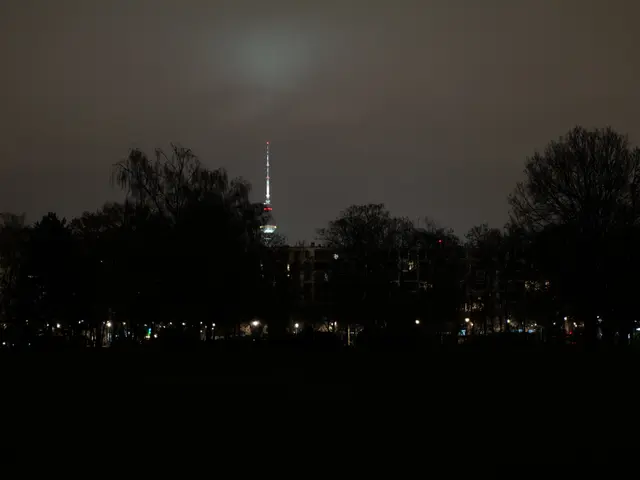Unyielding Iran on Domestic Uranium Enrichment Amidst West's Atom Quandary
Iran maintains its stance on enriching uranium domestically
Iran's Foreign Ministry's spokesman, Ismail Baghai, has unequivocally declared that the nation will not relinquish its native uranium enrichment, even in the event of a nuclear consortium establishment in the region. Baghai firmly stated to the Tasnim news agency that "a consortium serves no purpose as it cannot supersede the domestic uranium enrichment within Iran." He remained silent on whether this condition also applies to the recent US proposal to Iran.
Allegedly, the US has put forth a written offer to Tehran, suggesting a comprehensive halt to Iran's uranium enrichment in exchange for the country's ability to utilize nuclear technology, including uranium enrichment, under the watchful eye of the International Atomic Energy Agency (IAEA) and within a regional consortium comprising Iran, the US, Saudi Arabia, and other Arab states. Iran has yet to publicly respond to this US proposition.
Baghai has promised that Iran will offer an adequate response to the US proposal in due time. Until then, Iran will persistently demand its uranium enrichment and the abolition of US sanctions in the ensuing negotiations.
Sources: ntv.de, dpa
Enrichment Insights:
Current Status of the US Proposal for a Regional Nuclear Consortium:
The US has suggested a regional nuclear consortium as part of its nuclear deal negotiation attempts with Iran. This consortium, involving Iran, the US, Saudi Arabia, and other Arab states, would allow for uranium enrichment for civilian nuclear purposes under the IAEA and US supervision, with the US favoring enrichment facilities located outside of Iran.
Iran's Position on Uranium Enrichment:
Iran has held fast to its right to enrich uranium on home soil, a viewpoint that has obstructed negotiations. Iran's Foreign Affairs Ministry has underscored that a regional consortium cannot replace domestic enrichment within Iran. Recent speculations indicate that Iran may consider rebuffing the US proposal, viewing it as a "non-starter."
Details of the Proposal:
The US proposal entails options for Iran to either halt uranium enrichment completely while acknowledging Iran's right to enrichment or to join a regional consortium. There are conflicting reports regarding whether the proposal would permit low-level enrichment at Iranian facilities for a temporary period. The proposal also includes restrictions, such as limiting enrichment at above-ground facilities and dismantling infrastructure for uranium conversion and processing.
Recent Developments:
President Trump has reiterated the US stance that Iran cannot developing a nuclear weapon, further amplifying the complexity of negotiations. Despite these hurdles, the US is striving for a "basic agreement" to establish the principles for a new nuclear deal. Iran has augmented its stockpile of near-weapons-grade uranium, generating international apprehension.
- The ongoing dispute between Iran and the international community highlights the need for clear community policy regarding nuclear enrichment, employment, and potential migration of nuclear experts in light of war-and-conflicts and policy-and-legislation.
- In the realm of employment policy, it is crucial to consider the impact of car-accidents, fires, and crime-and-justice on the safety and security of nuclear facilities, both domestic and within a regional nuclear consortium.
- The recent US proposal to Iran, while offering the option for uranium enrichment under international supervision, has been met with resistance due to its implications on the general-news landscape, both domestically and internationally.
- The politics involved in the nuclear debate extend beyond the immediate conflict, touching upon issues such as war-and-conflicts, policy-and-legislation, and crime-and-justice, as the world watches for any accidents that may arise during the negotiation process.
- As Iran persists with its domestic uranium enrichment, investigating the causes and consequences of car-accidents, fires, and crimes related to nuclear facilities would be a vital part of the efforts to ensure the safety and security of the global community.








